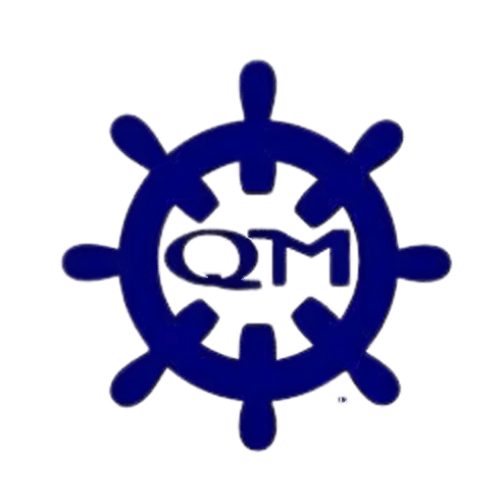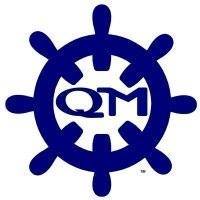The Foundations of Quality Maritime Training
Quality maritime training is a multifaceted endeavor that ensures maritime professionals are well-prepared to meet the demands of the modern shipping industry. Central to this training are the standards and regulations set forth by global bodies such as the International Maritime Organization (IMO). The IMO guidelines provide a comprehensive framework that covers all aspects of maritime safety and operational efficiency, ensuring a uniform standard of training across the globe.
A cornerstone of quality maritime training is the integration of both theoretical knowledge and hands-on practical skills. Theoretical training encompasses a wide array of subjects, including navigation, maritime law, and meteorology, providing trainees with a robust knowledge base. However, theoretical knowledge alone is insufficient without the application of practical skills. Hands-on training is conducted using advanced simulators that replicate real-world maritime scenarios. These simulators offer a risk-free environment where trainees can practice and hone their skills, from ship handling to emergency response.
Accredited institutions and certified instructors are pivotal in maintaining high training standards. Accredited maritime training centers are regularly audited to ensure compliance with international standards, while certified instructors bring a wealth of real-world experience and expertise to the training programs. This combination of accredited institutions and experienced instructors guarantees that the training provided is both current and of the highest quality.
Continuous education and training are equally important in the maritime industry. As technology evolves and new regulations are introduced, maritime professionals must stay updated to remain effective in their roles. Continuous training programs allow seafarers to keep pace with technological advancements and regulatory changes, ensuring that they remain competent and compliant throughout their careers.
The Impact of Quality Maritime Training on Safety and Efficiency
In the modern shipping industry, quality maritime training is pivotal in enhancing both safety and operational efficiency. Well-trained crew members are instrumental in mitigating the risk of accidents and minimizing environmental hazards. Rigorous training programs equip seafarers with the necessary skills to handle complex navigational scenarios, manage onboard emergencies effectively, and adhere to international maritime regulations. This comprehensive preparedness is crucial in safeguarding lives and protecting marine ecosystems.
Case studies and statistical data underscore the positive correlation between high-quality training and improved safety records. For instance, a study conducted by the International Maritime Organization (IMO) revealed that ships with crews trained under stringent programs reported significantly fewer incidents and near-misses compared to those with less rigorous training. Another example is the notable decrease in oil spills and pollution-related incidents, attributed to enhanced proficiency in handling hazardous materials and advanced emergency response training.
Beyond safety, the economic advantages of investing in quality maritime training are substantial. Well-prepared crews contribute to smoother operations, reducing the likelihood of costly errors and mechanical failures. This reliability translates into lower maintenance expenses and less downtime, directly impacting a shipping company’s bottom line. Moreover, companies with excellent safety records often benefit from reduced insurance premiums, further enhancing financial stability.
Furthermore, the reputation of shipping companies is significantly bolstered by their commitment to rigorous training standards. A strong safety record and operational efficiency not only attract clients but also foster trust and reliability within the industry. This reputation can open doors to lucrative contracts and partnerships, ultimately boosting the company’s market position.
The broader impact of quality maritime training extends to global trade and maritime ecosystems. Efficient and safe maritime operations ensure the smooth flow of goods across international waters, supporting global economic stability. Moreover, the reduction in environmental incidents contributes to the preservation of marine life and ecosystems, aligning with global sustainability goals.

